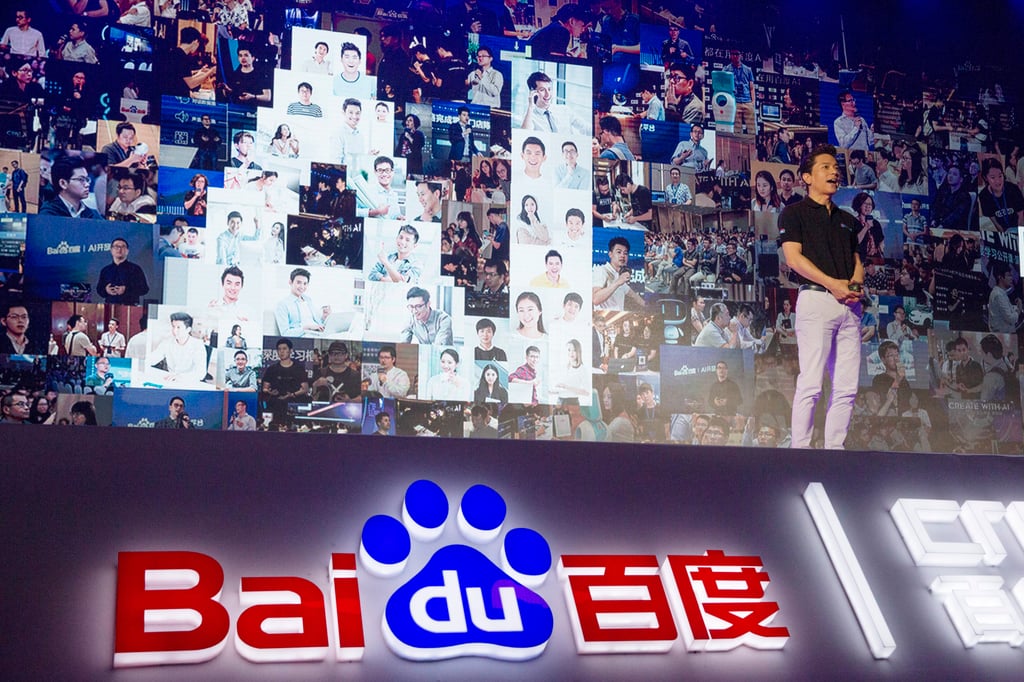Explainer | ChatGPT in China: Big Tech firms in race to introduce AI chatbots to the world’s biggest internet population
- From Baidu and Alibaba to iFlytek and NetEase, China’s biggest technology companies have jumped on the ChatGPT bandwagon
- Some promise to bake AI conversational capabilities into search engines, while others aim to turn video game characters into chatbots

As ChatGPT, an artificial intelligence (AI) chatbot created by US start-up OpenAI, makes waves around the world for its ability to generate humanlike responses to sophisticated questions, the technology has also grabbed the attention of internet users in China, where the service is officially unavailable.
Here is a look at their progress so far.
Baidu

Chinese internet search giant Baidu on February 7 announced its ChatGPT rival Ernie Bot, calling it the result of years of research and development in natural language processing (NLP) and pre-trained large-language models (LLMs).
The Beijing-based company, which expanded into artificial intelligence (AI) in recent years, has already made significant investment on NLP, a critical tool for its search operations.
In early 2019, the firm launched an NLP framework dubbed Ernie, short for Enhanced Representation through kNowledge IntEgration, which Baidu researchers said performed better than Google’s Bert in Chinese language tasks.
While Baidu only expects to finish internal testing of Ernie Bot in March before rolling it out to the market, the firm said more than a hundred companies had already expressed interest in integrating the chatbot into their services.